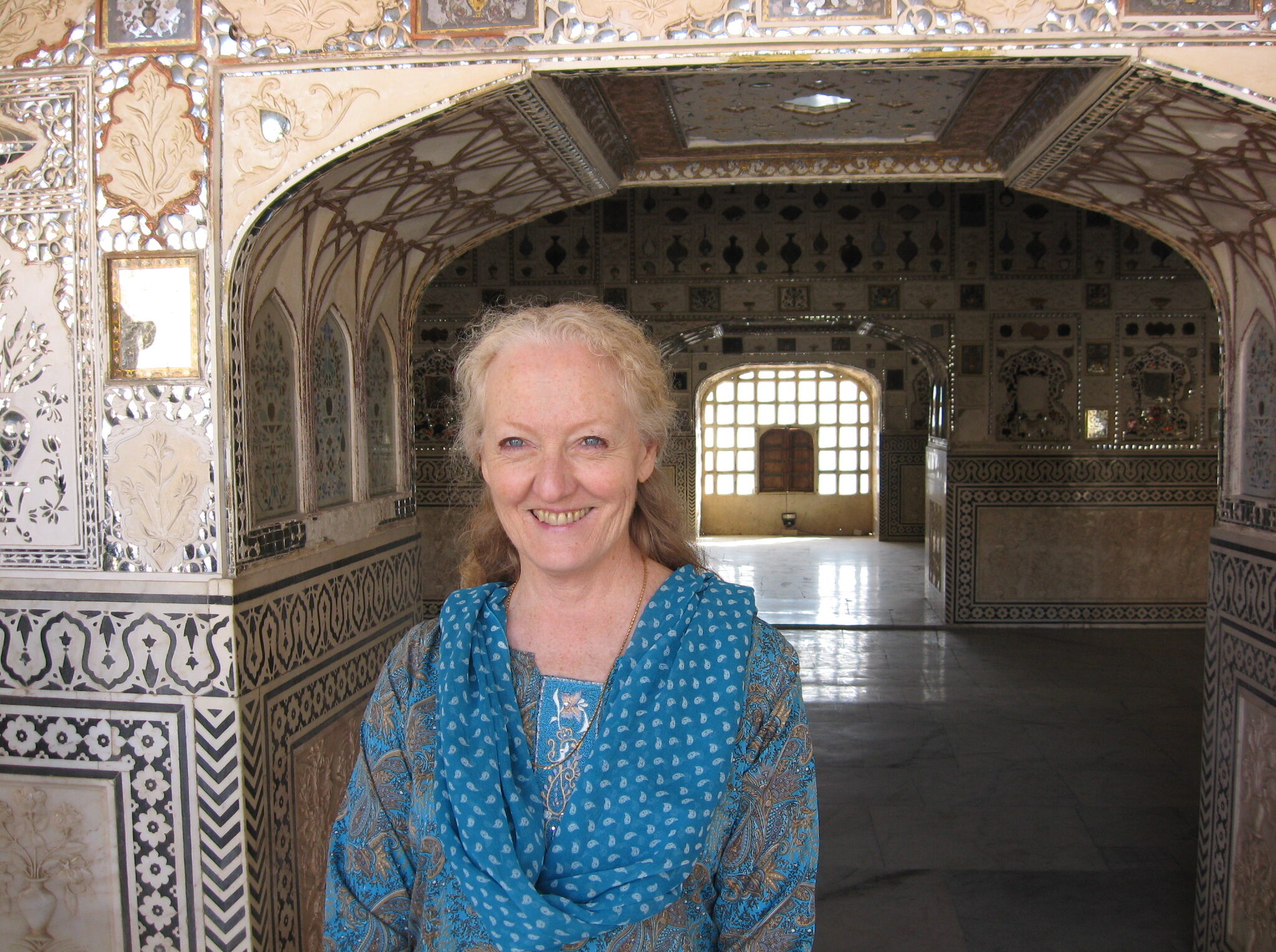Dan Buettner did all of us a great favor when he set out to answer the perennial question: what keeps some people healthier, longer? By finding the longest-lived people on earth, and spending time with them, observing their habits and lifestyles, he isolated specific commonalities among these groups. His books grace us with the wisdom he and his team gleaned from this research.1
The Power of Nine from “The Blue Zones” as these groups have come to be known, invite us to examine our lives along specific opportunities for change. Plant-based eating and not over-eating, moving our bodies regularly, spending quality time with friends, embracing our purpose in life, downshifting, belonging to “our tribe” and a faith -based group all contribute to our health and wellbeing.
The question I have sought to answer throughout my career is: What is in that “in-between space” that gets in the way of our translating what we know to be true into action in our lives? For instance, we may be hard-pressed to find someone who doesn’t know that smoking is bad for you. Yet, any one of us can easily find multiple people who smoke. Why is this? Many of us know intuitively that to not overeat, move our bodies daily, and seek friendships with like-minded people will help us be healthier. If we feel stuck, unable to take action on what we know is true, it is time to seek the answer within.
I came to understand the influence of beliefs on health through my years of doing primary care. I realized early on that no matter how much education goes into nutrition, exercise, smoking/not smoking, etc., that there was a disconnect between the cognitive awareness and the behavior. We estimate that roughly 80% of what ails us has to do with lifestyle choices. And the decisive factor in our behavior? Our very personal beliefs – about ourselves, our capabilities, and how we fit into society.
The way we behave reflects our particular internal messages. Some individuals tell me they would get angry if stopped at a train when running late. Another person might get afraid. So, here we’re starting to bore down into our unique responses to the same stimulus.
Human beings have the amazing capacity to create perceived danger in our mind based upon our history and associations. We each have our own unique way of reacting when we feel anxious. We have enormous variance in our backgrounds. We usually make decisions before we’ve gotten all the current facts.
I am often asked if it is possible to change this internal wiring.
The simple answer is, “Yes, it CAN be changed”–but not with just talk therapy. Once we find the history, we still need to dismantle its grip on our actions.
Mindbody methods such as insight meditation, yoga, the FEAD technique3, and mindbody counseling help us gain awareness to the sensations that we have associated with certain belief structures. When we find the operative belief in its simplest form and question it – dare to allow that things might be different – we start to have an experience that is also very different. At this point, the overall pattern begins to change. That’s the basis for the field of neuroplasticity.
Science continues to catch up to our common wisdom: the way we think, what we believe, and our fears and anxieties affect our wellbeing. And they affect it through what are now well documented chemical pathways: hormones, stress reactions, and our immune system. Our sense of wellbeing and the entire internal chemical milieu of our bodies are modulated by our response to perceived stress. In the human creature, the word “perceived” is particularly relevant. It’s relevant to any species, but the human creature has the capacity to perceive danger a little more creatively. We have the enormous capacity for self-reflection – with all its nuances of bringing in the past and embellishing the stories of our lives – for better or for worse.
1Buettner, Dan. The Blue Zones: 9 Lessons for Living Longer from the People Who’ve Lived the Longest. Washington, DC: National Geographic Society; 2008.
2Excerpted from the article, “Mindbody” by Mary Ann Iyer, MD. The full article, with examples of these layers of influence, can be found at: https://maryanniyer.com/articlesbydr.wal.html, for free download.
3 https://maryanniyer.com/wp-content/uploads/2018/09/FEAD-It-Differently.pdf
Board certified in Internal Medicine, Dr. Mary Ann Iyer has practiced Mindbody Healing since 1982. She has led hundreds of workshops and seminars in various forms of self-exploration to find – and change – our blocks to healing.
